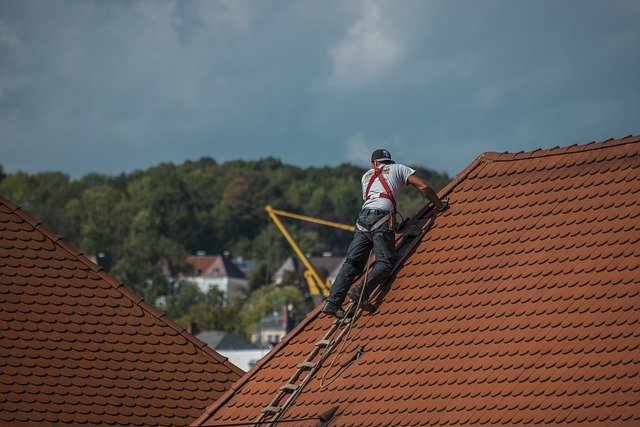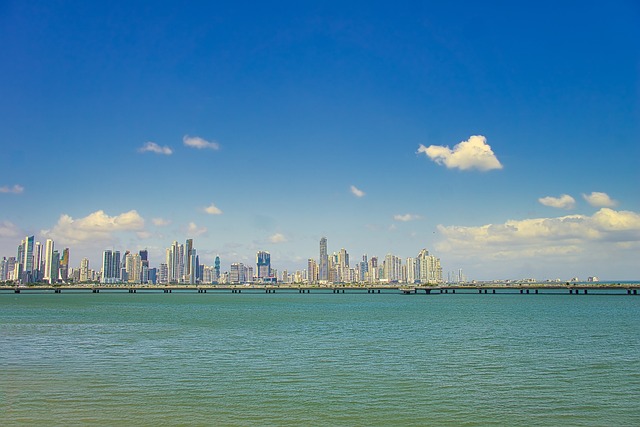Professional Solar Installation: What to Expect When Going Solar
When transitioning to solar energy, the quality of installation significantly impacts your system's performance, longevity, and safety. Professional solar installation involves much more than simply mounting panels on your roof—it encompasses system design, permitting, electrical work, and ongoing maintenance considerations. Understanding what to expect from this process can help homeowners make informed decisions and prepare adequately for their solar journey.

What to Expect from a Professional Solar Installation Service?
A professional solar installation begins with a comprehensive consultation where installers evaluate your energy needs, roof condition, and sun exposure. They’ll examine your electricity bills to understand consumption patterns and recommend an appropriately sized system. Initial site assessments include roof inspections to verify structural integrity and identify optimal panel placement for maximum sunlight capture. Reputable installers will also discuss financial options, potential incentives, and provide a detailed timeline for the project completion. Throughout this process, they should answer all your questions and address concerns before presenting a formal proposal with system specifications and cost breakdown.
How Do Professional Solar Installers Handle System Design and Setup?
Professional installers utilize sophisticated software to create customized system designs that maximize energy production based on your home’s specific characteristics. They consider factors such as roof orientation, pitch, shading patterns, and local climate data to determine optimal panel placement. The design phase also includes selecting appropriate equipment—panels, inverters, mounting hardware, and monitoring systems—that best suit your needs and budget. Once designs are finalized, installers handle all necessary permitting with local authorities, utilities, and homeowner associations. This comprehensive approach ensures your system meets all safety codes and utility requirements while delivering maximum performance.
What Factors Affect the Cost and Timeline of a Solar Installation?
Several variables influence both the cost and timeline of your solar installation project. System size is the primary factor—larger systems with more panels naturally cost more and take longer to install. Roof complexity, including multiple angles, dormers, or unusual materials, can increase labor costs and installation time. Your location affects not only equipment shipping costs but also permitting timelines, which vary significantly between municipalities. Equipment selection presents another variable, as premium panels and inverters with extended warranties cost more than standard options. Finally, interconnection approval from your utility company can take anywhere from a few weeks to several months depending on their backlog and processes.
What Are the Key Differences Between DIY and Professional Solar Panel Installation?
While DIY solar installation might seem appealing due to potential cost savings, professional installation offers significant advantages. Professionals bring specialized knowledge of electrical systems, structural requirements, and safety protocols that DIY enthusiasts typically lack. They also carry proper insurance and provide warranties covering both equipment and workmanship—protection unavailable with self-installation. Professional installers handle complex permitting processes and understand local building codes, preventing potential legal issues. Additionally, many manufacturers only honor equipment warranties when installed by certified professionals. Most importantly, professional installers ensure proper system integration with your home’s electrical system and the utility grid, minimizing fire risks and preventing dangerous scenarios like back-feeding during power outages.
What Unique Considerations Apply to Solar Installation in Different Environments?
Solar installation requirements vary significantly across different regions and property types. In hurricane-prone areas, installers must use reinforced mounting systems designed to withstand extreme winds. Desert installations often incorporate tilt adjustments to minimize dust accumulation and overheating. For properties with historic designations, installers must navigate additional regulatory requirements while maintaining architectural integrity. Snow-heavy regions require special considerations for snow load and slide prevention. Interestingly, contrary to popular belief, solar panels often perform better in colder climates than extremely hot ones, as panel efficiency decreases when temperatures exceed optimal operating ranges. Urban installations frequently involve navigating strict city codes and working with limited roof space, requiring creative mounting solutions.
What Should Homeowners Consider Before Hiring a Solar Installer?
Before selecting a solar installation company, homeowners should verify the installer’s licensing, certification, insurance coverage, and experience in your specific region. Request multiple quotes to compare not just pricing but also warranty coverage, equipment quality, and projected energy production. Thoroughly research each company’s reputation through customer reviews, Better Business Bureau ratings, and completed project portfolios. Ask about subcontractor usage, as some companies hire third parties for certain aspects of installation. Important questions include how they handle permits, what warranties they offer beyond manufacturer guarantees, and their post-installation support policies. Consider their financial stability as well—your warranty has little value if the company goes out of business shortly after installation.
| Solar Installation Provider | Average System Cost (6kW) | Warranty Coverage | Special Features |
|---|---|---|---|
| Sunrun | $16,000-$21,000 | 25-year equipment, 10-year workmanship | Leasing options, virtual consultations |
| Tesla/SolarCity | $15,000-$20,000 | 25-year equipment, 10-year workmanship | Integrated home battery options |
| Vivint Solar | $16,500-$23,000 | 25-year equipment, 10-year workmanship | Energy monitoring app |
| SunPower | $18,000-$25,000 | 25-year complete system warranty | High-efficiency premium panels |
| Local installers (average) | $15,000-$22,000 | Varies by company | Typically faster installation times |
Prices, rates, or cost estimates mentioned in this article are based on the latest available information but may change over time. Independent research is advised before making financial decisions.
Professional solar installation represents a significant investment in your property’s future energy production capabilities. While the process may seem complex, working with qualified installers simplifies the journey and ensures optimal system performance. By understanding what to expect from professional installation services, homeowners can approach their solar projects with confidence and realistic expectations about timeline, costs, and outcomes. The right installation partner will not only provide quality workmanship but also guide you through every step of transforming your home into a clean energy producer.




